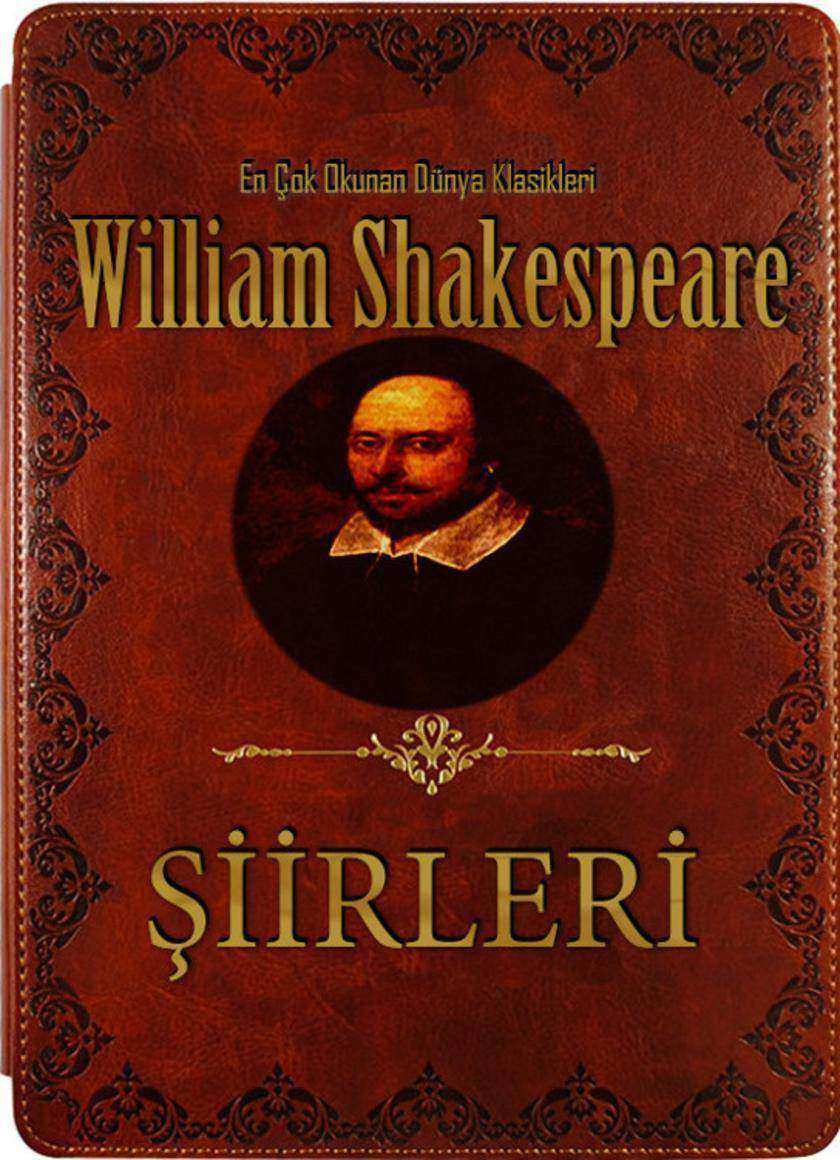
Szívhang 556–557. - Felenged a jég, Az új kollégan?
¥40.30
Szívhang 556–557. - Felenged a jég, Az új kollégan?

Júlia 520. (Szenvedélyek hálójában)
¥18.72
Júlia 520. (Szenvedélyek hálójában)

Isten hozott a családban! (A Dante-legenda 9.)
¥48.97
Isten hozott a családban! (A Dante-legenda 9.)

?gyrajárók: 3 t?rténet 1 k?tetben
¥52.48
gyrajárók: 3 trténet 1 ktetben

Romana 485. (Elvetélt remények)
¥18.72
Romana 485. (Elvetélt remények)

Bianca 249–250. (?lomvilág, Farm a világ végén)
¥48.97
Bianca 249–250. (?lomvilág, Farm a világ végén)

Amerikai álom: Júlia 649.
¥20.36
Amerikai álom: Júlia 649.

Barack és nyári napfény, A legjobb gyógymód: Szívhang 582–583.
¥40.79
Barack és nyári napfény, A legjobb gyógymód: Szívhang 582–583.

Júlia 487. (Egy büszke spanyol szerelme)
¥18.74
Júlia 487. (Egy büszke spanyol szerelme)

Szívhang 420. (Számolom a perceket)
¥18.74
Szívhang 420. (Számolom a perceket)

A hullámok a neved suttogják, Eljegyzés bosszúból
¥49.54
A hullámok a neved suttogják, Eljegyzés bosszúból

Szívhang kül?nszám 31. k?tet
¥43.08
Szívhang kül?nszám 31. k?tet

Berlin, 1945 – Az ?sszeomlás
¥59.02
Berlin, 1945 – Az ?sszeomlás

Sztálingrád
¥57.63
Sztálingrád

T?rténetek a kerítés t?véb?l
¥71.12
T?rténetek a kerítés t?véb?l

Venedik Taciri
¥2.62
Venedik Taciri

Júlia 584. (Királylány a feleségem)
¥18.56
Júlia 584. (Királylány a feleségem)

Júlia 578. (Natalia, a botrányhercegn?)
¥18.80
Júlia 578. (Natalia, a botrányhercegn?)

Wiliam Shakespeare Se?me ?iirleri
¥2.62
Wiliam Shakespeare Se?me ?iirleri

Romana kül?nszám 68. k?tet
¥43.49
Romana kül?nszám 68. k?tet

Yüzen ?ehir
¥2.62
Yüzen ?ehir




 购物车
购物车 个人中心
个人中心



